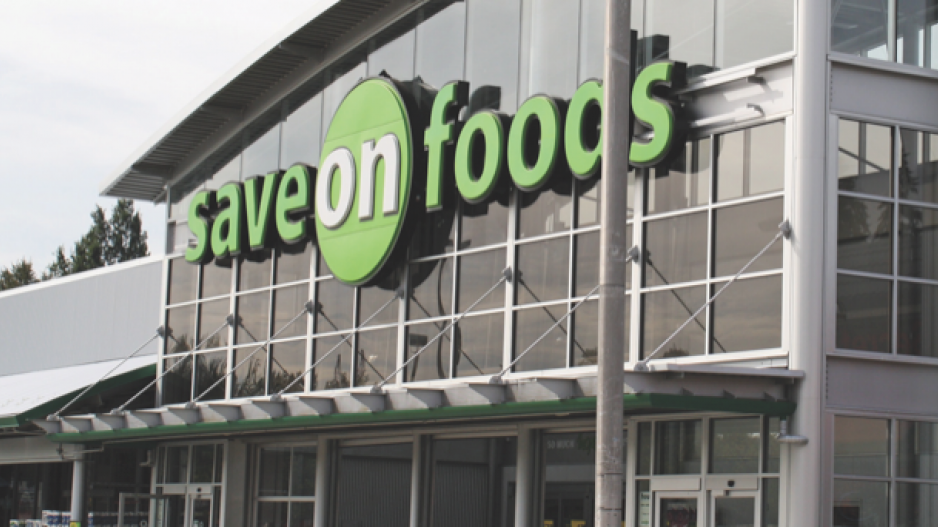Save-On-Foods is considering selling wine on Vancouver grocery stores' shelves now that city council has voted to have staff revise bylaws to allow the practice.
Pattison Food Group president Darrell Jones told BIV this afternoon that his company is "investigating" logistics around selling wine on store shelves in Vancouver.
Jones in 2018 told BIV that he specifically would "love" to sell wine on shelves at his company's Save-On-Foods store on Cambie Street at West 7th Avenue.
Doing so would require the company to either buy a new liquor licence for that store, or move an existing liquor licence from one of its 22 stores that already sell wine on store shelves in other B.C. municipalities.
The interest comes a day after Vancouver city council voted unanimously (with Mayor Ken Sim and Coun. Brian Montegue absent) to have staff update bylaws to allow for wine-on-shelf sales in Vancouver grocery stores. Coun. Mike Klassen, who moved the proposal, told BIV that he expected that the bylaws would be amended by the end of June to allow wine on grocery store shelves.
"I always thought it was a mistake that Vancouver didn't [allow for grocery stores to potentially sell wine,]" Klassen told BIV. "We can see that it's been successful in other municipalities across the province."
The B.C. government in 2014 changed the law to allow grocers in the province to potentially sell wine on grocery-store shelves starting in April 2015. Grocers had to meet criteria such as being at least 10,000 square feet, and focusing at least 75 per cent of their business on food products and services.
The bigger catch was that they had to own a liquor licence for each store, and there was a cap on the number of those licences.
Auctions followed for some unused licences that the B.C. government held, with minimum bids starting at $125,000, but sales ending up being more than $1 million apiece, giving some grocers pause on whether the initiative was worth the price.
For example, Real Canadian Superstore spent more than $6.9 million to buy its first six licences from the B.C. government at auctions in April and May 2016.
Save-On-Foods's then-parent Overwaitea Food Group was also quick out of the gate, by buying 11 grocery-store licences to sell B.C. wine at Save-On-Foods stores by spring 2017.
Originally, the law held that the wine sales had to be exclusively B.C. wines. That changed in July 2019, because of a side letter to the Canada-U.S.-Mexico Agreement on trade.
Vancouver passed bylaws that banned grocery stores from selling wine soon after the B.C. government changed the law to allow that practice.
City council then in 2017 voted to allow liquor stores within grocery stores to operate, but not wine on store shelves - a move that "shocked" Jones, he told BIV at the time.
“It’s surprising to me that the city would not want to take the opportunity to help local growers promote their products,” Jones said in June 2017.
Having a liquor store within a grocery store is not optimal because it means customers have to bring products to two separate cashier lines.
Some liquor stores within grocery stores exist in Vancouver, such as a Liberty Wine Merchants location at the Whole Foods store at the corner of Cambie Street and West 8th Avenue.
BIV reached out to Loblaw Co. Ltd. (TSX:L) and Georgia Main Food Group, which owns Fresh Street Market, but did not get a response by press time to whether those companies are also considering selling wine on shelves of its Vancouver grocery stores.




